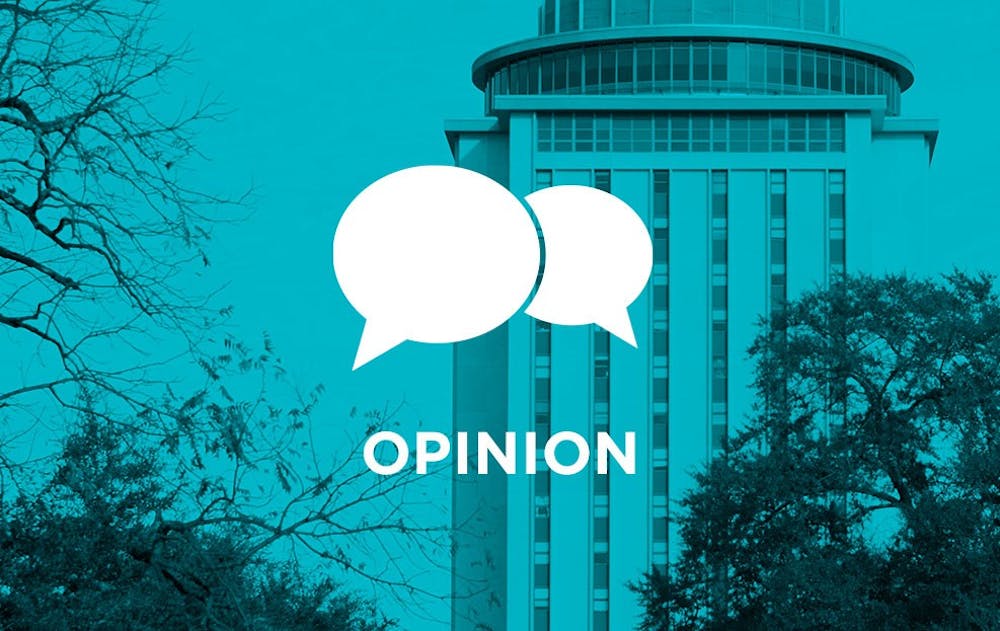In between catchy songs and talking animals, children are drawn to rags-to-riches stories like Aladdin and Cinderella. From professional athletes to CEOs to The Little Engine That Could, we learn that the “American Dream” is possible for anyone who works diligently enough. However, the real likelihood of upward mobility is overestimated in America.
As author William Dean Howells puts it, “inequality is as dear to the American heart as liberty itself.” Our nation's favorite pastime of cheering on the underdog begins with its very founding. The disorganized American army made up of farmers, slaves and immigrants heroically defeating the globally-dominant British was obviously improbable. Not to rain on anyone’s Fourth of July, but it was actually the aid of France that ensured the defeat.
Diminishing the role of external factors is expected in a history book, but to attribute the same ignorance to present day equality is unacceptable. External factors such as race and gender privileges, for example, are often overlooked when it comes to modern rags-to-riches stories. That, not to mention other hindrances such as exposure to violent crime, homelessness, illness, illiteracy, and so on that often further separate the poor from the rich.
This being said, it is not surprising that children often duplicate the education level and economic quintile of their parents. Both of my parents attribute their successes to their college education, and I knew from a young age that I was expected to attend as well. The FAFSA assumes parents will contribute to their child’s education, and this may be a disadvantage to first generation college prospects. Even if lower-income parents understand the importance of college, they may not have the ability to support their children.
Think about Donald Trump, who famously received a “small loan” of one million dollars from his father. Regardless of his subsequent successes (and failures) the point is that he had a father who was able to offer a sum of money unavailable to the average American. I have lost count of the number of times I have heard someone applaud Trump’s business tactics, failing to realize that he actually never had to start from ground zero.
The tendency to overlook external factors means that even though the United States is one of the most unequal developed nations, Americans on both sides of the inequality embrace it. The poor are most likely to overestimate economic mobility because they hope to reach the top, and the rich prefer to believe their wealth is justified. In the minds of many conservatives, the poor just need to work harder.
Underdog successes make great bedtime stories, but stories have no place in politics. Only by taking into account the innate privileges of the rich can we understand the ample opportunities denied to the poor. Americans need to stop diminishing the external circumstances that allow for mobility to understand how rare it actually is.

